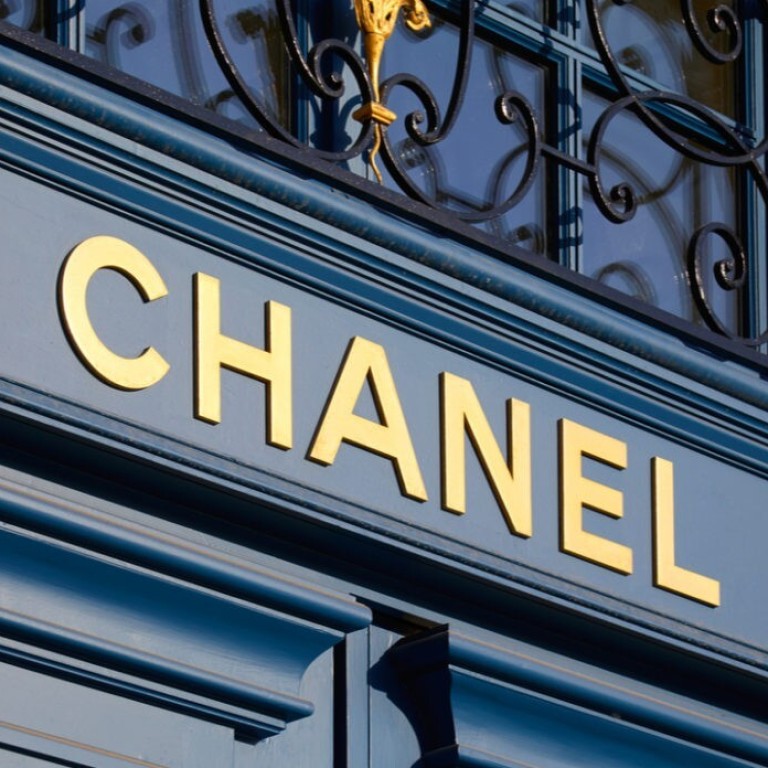Michelle Obama favourite J. Crew and Gwyneth Paltrow go-to Ralph Lauren among the US brands suffering as Chinese students flee American college education

When it comes to the valuable Asian market, US brands struggle when not on home turf – right now, that could be a problem, as thousands of Chinese students leave the States amid growing trade tensions and divisive rhetoric
The Nikkei Asian Review reported that a combination of US President Donald Trump’s policies and the Covid-19 outbreak have pushed Chinese students to pursue advanced degrees anywhere but the US. “A generation that buoyed the country’s US$170 billion university sector is leaving,” the publication explains. Their departure will almost certainly hurt the US luxury market, too, because it was never that strong outside the US to begin with – here’s why.
The identity factor
In contrast, American brands have never quite conveyed the same message. Although various US brands have high growth potential and brand recognition, they don’t always communicate the “elite” lifestyle. In fact, America’s “brand” leans markedly toward affordable luxury, comfort and egalitarianism.
According to a survey by McKinsey, Asian Gen-Z consumers prefer “brands that set them apart” and it’s this trend toward premium-isation that penalises American brands as too democratic and non-discriminating
Decreased brand awareness
Given that American brands are just a little too down-to-earth for many in the China market, then, it’s no surprise that the Gartner Digital IQ Index, which compares a market’s top brands, only featured two US brands in its latest China 2019 report: Coach and Tiffany & Co. The remainder of the list was dominated by European labels.
And while Michael Kors and Ralph Lauren command high engagement and are internationally renowned, few American designer retailers hold the same level of brand equity. Many of the less famous US labels that failed to expand abroad or don’t have a strong footprint in Asia have only managed to sustain positive sales in the US thus far thanks to foreign consumers.